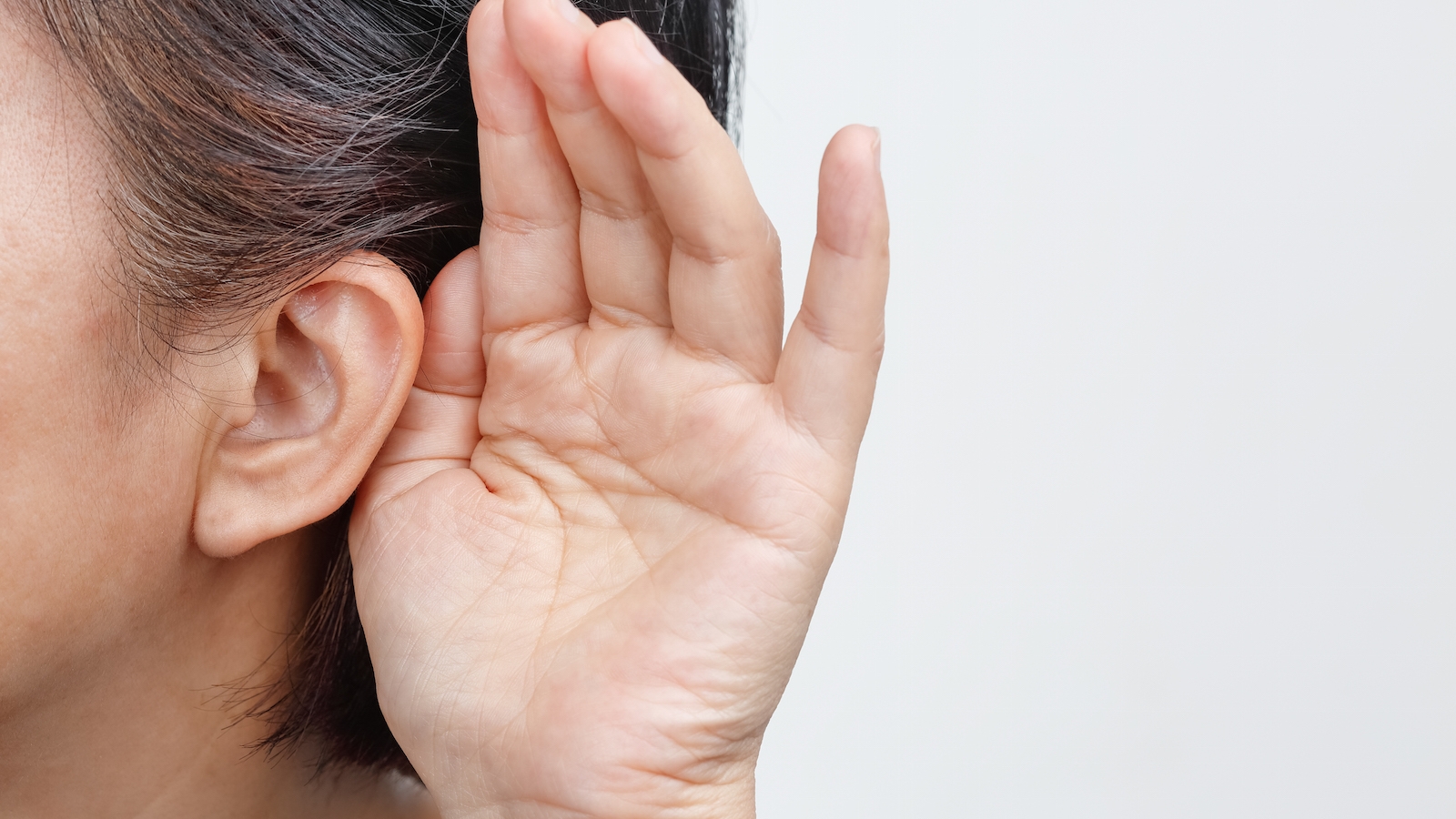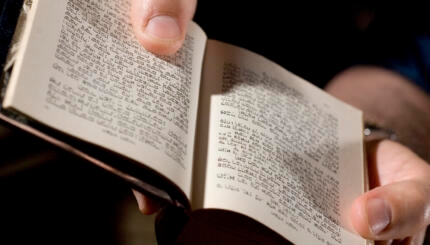Shema Yisrael, Adonai Eloheinu, Adonai Echad
Hear O Israel, the Lord our God, the Lord is one.
These words, commonly known as the Shema, are traditionally recited by Jews as we begin and conclude each day. Bookending not just our days but our lives, the Shema is also commonly the first prayer we are taught as children and is the final prayer we utter on our deathbed as we pass from this world. The Shema is the mantra of Judaism, its message foundational to what it means to live as a Jew of faith in this world.
The Shema begins with an imperative: Listen! Just that word alone is a powerful call. Listening is not an easy thing to do. More than the simple act of hearing, true listening requires us to open ourselves up to another’s experience so that heart touches heart and we are changed. It is — in philosopher Martin Buber’s framework — what allows us to develop an I-thou, rather than an I-it, relationship. Buber describes listening as “something we do with our full selves by sensing and feeling what another is trying to convey so that together we can remove the barrier between us.”
With your help, My Jewish Learning can provide endless opportunities for learning, connection and discovery.
In Judaism, the act of listening is the key to unlocking bounty and blessing. In Deuteronomy, as the Israelites wind down their wandering in the wilderness and prepare to enter the land of Israel, Moses instructs them emphatically using this same word — shema. “If you listen, truly listen,” Moses says, all will be good. If not, curses will follow.
On this verse, the Hasidic commentator the Sefat Emet references a line from the Midrash: “Happy is the one whose listenings are to Me.” Adding his own commentary, he writes: “‘Listenings’ means that one should always be prepared to receive and listen closely to the words of God. The voice of God’s word is in everything, since all were created by God’s utterance.”
Each of us, no matter how seemingly different we are from one another, are created by God. The Shema calls on us not merely to listen, but to remember that despite our differences, there is one force of connection and transformation in the universe that animates and unites us all. “The Lord, our God, the Lord is One,” the Shema continues.
The force that we call Adonai, others call by other names. Each of us has our own particular path, but ultimately they lead to the same place. Beginning with listening and ending with oneness, the Shema invites us to deepen our capacity to listen — to ourselves, to the Divine, and to those around us, to develop an I-thou relationship with the rest of humanity. Its daily recitation reminds us to build bridges rather than barriers so that we may touch upon — even if only for brief moments at a time — that place in which we all are one.
(Rabbi Adina Allen is co-founder and creative director of the Jewish Studio Project, a Bay Area start-up that utilizes the creative arts as a tool for self-discovery, social change and inspiring a Judaism that is vibrant, connective and hopeful.)
Watch Rabbi Darby Jared Leigh teach the Shema in American Sign Language and explain how deaf people can understand a prayer about hearing.
Midrash
Pronounced: MIDD-rash, Origin: Hebrew, the process of interpretation by which the rabbis filled in “gaps” found in the Torah.
Hasidic
Pronounced: khah-SID-ik, Origin: Hebrew, a stream within ultra-Orthodox Judaism that grew out of an 18th-century mystical revival movement.



